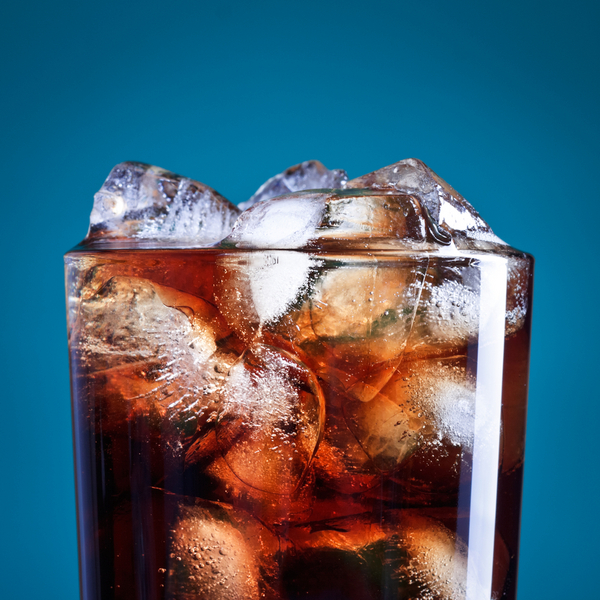Gulp! Soda Linked to Memory Woes, Strokes and Dementia

People who often drink soda, with sugar or without it, may be more likely to develop memory problems and have smaller brain volumes, according to two recent studies.
In one study, researchers found that people who drank diet soda every day were three times more likely to have a stroke or develop dementia over 10 years than those who did not consume any diet soda.
In the second study, the same researchers concluded that people who consumed at least one diet soda a day had smaller brain volumes than those who did not drink any diet soda. Moreover, that same study found that people who consumed more than two sugary beverages such as soda or fruit juice a day had smaller brain volumes and worse memory function that those who did not consume any such beverages. [7 Biggest Diet Myths]
Although both studies show that there is a link between drinking diet or sugary beverages and certain health outcomes, the results do not mean that consuming such beverages directly causes these outcomes, said the lead author of both studies, Matthew P. Pase, a neurology researcher at Boston University School of Medicine.
In the first study, published April 20 in the journal Stroke, the researchers interviewed about 4,300 people, ages 45 and older, three times over seven years, and asked them whether they drank any diet or sugary beverages. Then, toward the end of the seven-year period, the scientists began to monitor the study participants' health for cases of stroke and dementia, and continued to do so for the next 10 years. During this period, 97 people had a stroke and 81 people developed dementia — a number that included 63 cases of Alzheimer's disease.
The researchers found that the daily consumption of diet beverages, but not sugary beverages, was linked to a higher risk of stroke and dementia over the 10-year period. The reasons behind these findings are not clear, but previous research had linked the consumption of diet drinks with obesity and diabetes, which might also be linked to with poor blood circulation, Pase said. Problems with circulation may contribute to a person's risk of stroke or dementia because the brain relies on a constant supply of blood to function well, he said.
The findings of this study suggest that turning to diet beverages in the hope of avoiding extra calories from sugary drinks may not be a good idea, said Dr. Paul Wright, chairman of neurology at North Shore University Hospital in Manhasset, New York, who was not involved in the study. "The right direction to go in is to have plain water," or other beverages that do not contain artificial sweeteners, he told Live Science. [7 Foods You Can Overdose On]
Get the world’s most fascinating discoveries delivered straight to your inbox.
In the second study, published in March in the journal Alzheimer's & Dementia, the researchers looked at brain scans and results of cognitive tests conducted in about 4,000 people. The scientists also asked the study participants if they consumed any diet or sugary beverages, and, if so, how much.
The data revealed a link between the consumption of both diet and sugary beverages and smaller brain volumes. Moreover, the researchers found a link between the consumption of sugary beverages and poorer memory. All of those outcomes are risk factors for Alzheimer's disease, the researchers said.
As with the first study, the mechanisms that might underlie the link between the consumption of sugary beverages and these outcomes are unclear, Pase told Live Science. However, previous research has linked high sugar intake with diabetes and high blood pressure — conditions linked to compromised blood circulation that may ultimately affect brain health, he said.
Originally published on Live Science.



